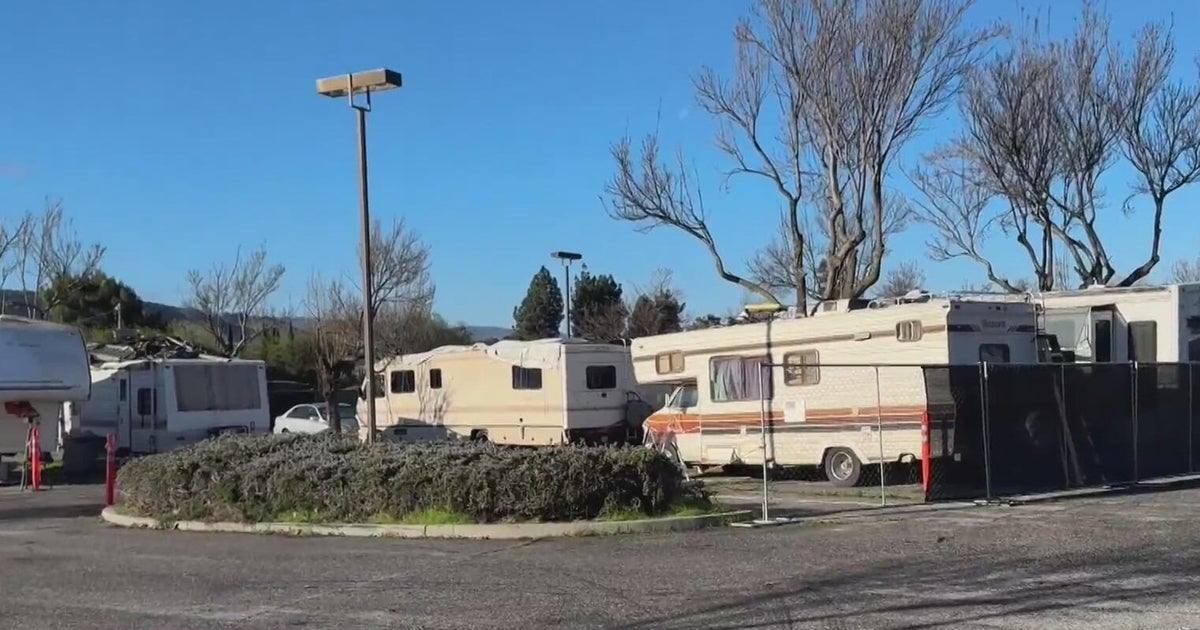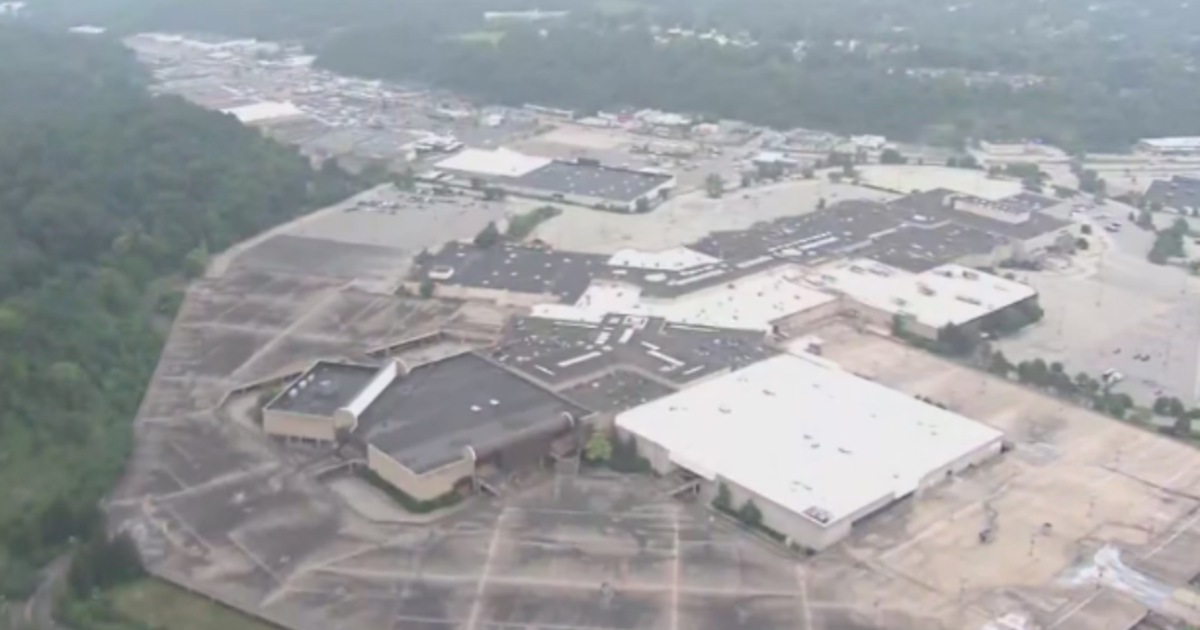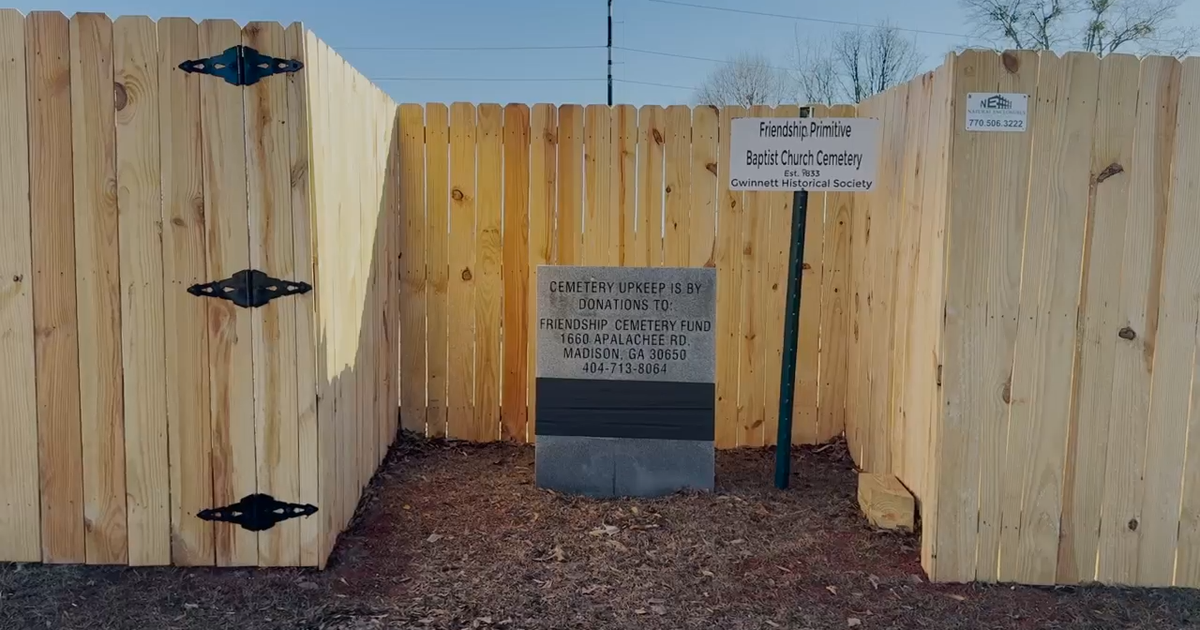Colorado couple hoping to keep tiny home in Adams County after citation
When you step inside Sam Kleinsasser and his fiancé's tiny home, tucked against the views of Barr Lake State Park in unincorporated Adams County, you can see why they have felt special enough to call it home for the last three years.
"We got it because when we moved out here, we knew that things were getting more expensive in Colorado and we knew that this would be an affordable way to live out here," said Kleinsasser.
Kleinsasser says they bought the tiny home for just over $60,000 and spend about $450 a month renting to have their home sit on the property of their landlord in Commerce City, while also helping him by doing tasks around the home.
"Our landowner here, he's had people park RVs and tiny houses on his land for the past 30 years without any issue," he said. "It's been, like, a really good relationship for the three years that we've lived here."
Yet, the honeymoon phase of living on the property came to a halt when county officials discovered the existence of their tiny home after coming to check on a complaint that bushes from the landowner's home were encroaching against the road.
The couple were presented with a citation for the tiny home.
"They gave us until April 13 to either move out of the tiny house full time or move it elsewhere," said Kleinsasser.
According to Adams County officials, it is illegal per the county code to live for more than 30 consecutive days in a recreational vehicle, such as an RV, trailer or motor home. Since Kleinsasser's tiny home has wheels and a hitch attached, it is classified as similar to an RV.
"So we we don't go out and enforce those things proactively in Adams County," said Jenni Hall, Community and Economic Development Director for Adams County. "That's the sort of thing we respond on a complaint basis, and under this particular case, the code compliance officers were called out because there was some large landscape brush that had overgrown and was obstructing view in the public right of way."
Hall says there are rules in the books that allow tiny home villages in Adams County and accessory dwelling units on property, but in these cases, the dwelling itself has to be built into the foundation.
"The property owner could go through the process of putting it on a permanent foundation and making it into an accessory dwelling unit, and we provided them the path for all of that," said Jenni Hall, Community and Economic Development Director for Adams County.
Since the couple do not own the land, Kleinsasser says that makes turning their property into an ADU even more challenging, nor do they think they can take on the financial burden of doing so.
"We know [in] that process, not only would we have to take the wheels off the tiny house but we would also have to try to match the same structural facade of the house, which is bricks, and that would be a whole process in itself," he said. "Then, the whole process of actually making it a permanent foundation and doing all that is at least $4,000 or $5,000."
Kleinsasser claims the county has offered other solutions, from moving the tiny home to another location or ensuring staff cannot see the dwelling in the future.
"One suggestion has been to build a barn and put the tiny house inside a barn so that if they can't see it, they can't cite us for it," he said.
Both Kleinsasser and his wife also work at the airport. They say moving to a community that does allow tiny homes like theirs to be in an unincorporated area, like El Paso County, would not be feasible if they want to keep their jobs.
"We're devastated, we don't want to leave this spot, it's been nothing but good to us. It's been good for Gary, our landowner here," he said.
With access to affordable housing in Colorado becoming more of an issue each year, Kleinsasser argues municipalities like Adams County should be moving towards development standards that encourage more tiny homes, not hinder them.
"To me that seems so backwards with all the issues Colorado is facing with housing being so expensive, and if they were to regulate tiny houses, I feel like a lot of people could find affordable living," said Kleinsasser. "We just feel like it needs to get to a point where they become more accepting of it, or at least offer us some help with where we're going to go next," he said.
Hall tells CBS Colorado they are working on doing a comprehensive overhaul of their development standards and regulations over the next year, which could mean changes to the code that would encourage more housing like tiny homes.
"We're always trying to make sure we're staying current with trends and needs," said Hall. "We want to make sure that we're not putting anyone in a potentially dangerous situation without their knowledge. I'm not saying that's the case here, but we're very thoughtful about that to protect the public health and wellbeing."











